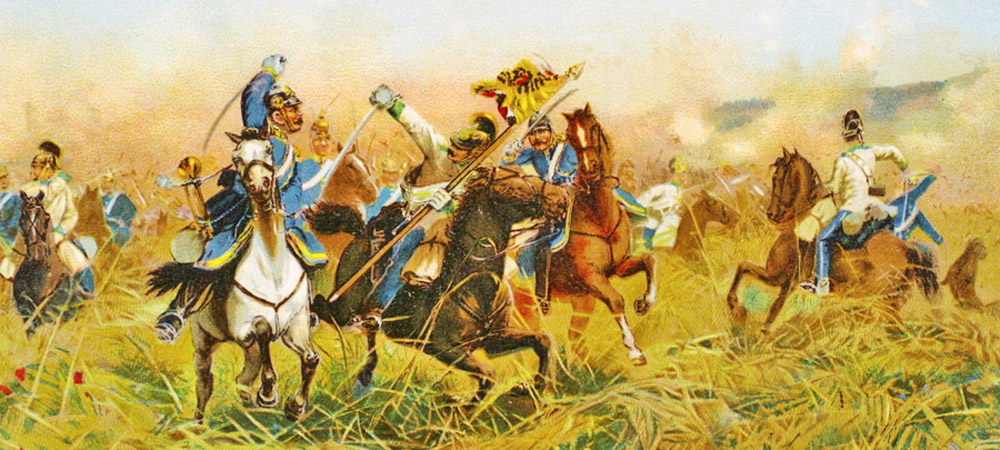
Location of present day sorb territory 01
Sorbs
The Slavic Tornow culture were the ancestors to the Luzhichans (Lausitz Sorben, Sorbs) 11
Sorbs (Upper Sorbian: Serbja, Lower Sorbian: Serby, German: Sorben), known also by their former autonyms Lusatians and Wends, are a West Slavic ethnic group predominantly inhabiting their homeland in Lusatia, a region divided between Germany (the states of Saxony and Brandenburg) and Poland (the provinces of Lower Silesia and Lubusz). According to Constantine VII Porphyrogennetos, Serbs from the Balkan peninsula have the same origins as Lusatians. He also claims that Serbs inhabited the areas between the rivers Elbe and Saale, on the southern coast of the Baltic sea. Sorbian is an officially recognized minority language in Germany. 12
Early Middle Ages
In the Early Middle Ages Slavic tribes settled the area south the Baltic Sea that is present day Pomerania. These tribes were know as the Pomeranians. The Tornow Culture was one of the Slavic tribes. Pommern means the Land by the Sea. In the 11th and 12th century this area was divided between the Dukes of Pomerania in the west and the Samborides in the east. During this time both areas together were states of Denmark, the Holy Roman Empire and Poland. It was at this time that the region was converted to Christianity. There was conflict in the 12th century over control of the Pomeralia area. In the 14th century the Teutonic Knights were able to take full control of Pomeralia. In the 15th century the Duchy of Pomerania had conflicts and disputes with Mecklenburg and Brandenburg. In 1478 the duchy had a sole ruler again. After a thirteen year war the reign of Pomeralia was ceded to the Confederation of Prussia which became an autonomous region under control of the Crown of Poland. 02
Early Modern Ages
In the 16th century Pomerania was marked by the Protestant Reformation and an economic downturn. Pomerania had conflicts with Brandenburg and then In 1627 was occupied by the Holy Roman Empire. Then it became involved in the Thirty Years' War and as a result lost two thirds of its population and the destruction of many towns. 03
Thirty Year's War
The Thirty Years' War was fought from 1618 until 1648. The war caused famine and disease in almost every country involved. The war lasted for 30 years, but the problems that caused the war were not fixed for a long time after the war was over. 04
During the Thirty Years' War more land came under the control of the upper class. The serfs would pay for their land or space by being required to work three or four days a week for the land owner. When there was an abundance of grain the price would fall and the farm workers suffered. The farms experienced disastrous weather in years 1853 to 1856. This all caused the price of land to fall. This was a period of industrialization and farmers left the land for work in the towns. In the 19th century many people from Pomerania emigrated to the United States.
The end of the Thirty Years' War resulted in western Pomerania becoming part of the Swedish Empire and eastern Pomerania becoming part of Bradenburg-Prussia (Royal Prussia). In the 17th century more wars resulted in western Pomerania going to Royal Prussia. In 1772 more war resulted in Royal Prussia becoming part of the Kigndom of Prussia. Programs were set up to restore the war-torn region and resettling it with colonists from Germany, Poland and Bohemia. At the turn of the 18th century at the end of the Napoleonic Wars the Kingdom of Prussia was reorganized with Pomerania being subdivded. 05
Seven Week War
Battle at Koniggratz. Prince Friedrich Karl orders his enthusiastic troops into battle. (Seven Week War) 06
The Seven Week War (June 14 to August 23 1866) fought between Prussia and Austria was perhaps the beginning of modern warfare. Prussia was able to move troops quickly by utilizing a railroad system. They were able to communicate with a telegraph system and the troops were using superior bolt-action Dreyse needle rifles. Prussia also used a conscription and training system that produced a more professionally trained soldier. 07
The Seven Week War in 1866 resulted in a shift in power among the German states away from Austrian and towards Prussian dominence, and impetus towards the unification of all of the northern German states. It saw the abolition of the German Confederation and its partial replacement by a North German Confederation that excluded Austria and the other South German states. 08
In 1871 there was a unification of Germany that included the Kingdom of Prussia and Pomerania becoming part of the German Empire. After World War I Pomerania was divided between Poland and Germany. During World War II Pomerania was conquered by the Soviet Union and suffered vast devastation to the area. At the end of the war borders were redrawn with part of Pomerania becoming part of East Germany and the eastern portion becoming part of Poland. The region was repopulated with settlers from southern parts of Poland. 09

